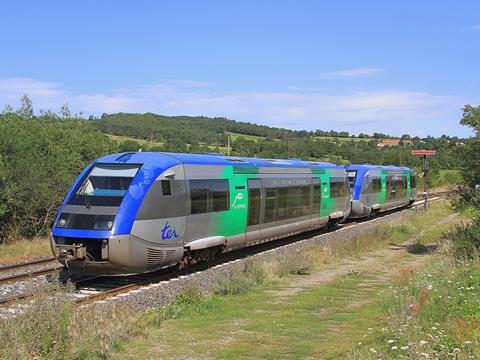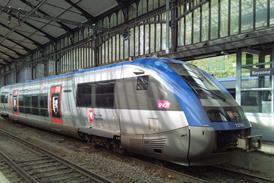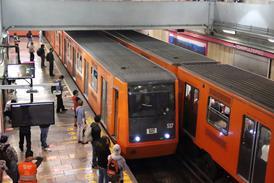
FRANCE: Radical changes to the operations management and customer relations activities for SNCF’s regional passenger services were announced by General Manager, TER, Frank Lacroix on February 14.
Providing an update on the CAP TER 2020 transformation strategy launched at the end of 2016, Lacroix said the first two years had focused on cost control while looking to improve punctuality and reverse a drop in patronage, but it was now time to plan for growth.
Over the past two years, he said performance had improved, with the number of late-running trains cut steadily despite 36 days of strikes last year. On-time arrivals improved to 90·4% in 2017 and 92·7% in January 2019. This had been matched by ‘the first significant increase in traffic since 2017’, with TER ridership up by an average of 4·8% across all regions.
With last year’s railway reform legislation providing for the competitive tendering of regional operating contracts from 2023, Lacroix said nine of the 11 regions had renewed their operating agreement with SNCF, under which the national railway has committed to delivering improvements in quality of service and cost control. It has also committed to supporting regional efforts to attract more passengers onto TER services, setting a target of increasing daily ridership by 20% between now and 2025. This would represent a further 200 000 passengers/day.
In order to streamline its operations, Lacroix said SNCF would restructure its TER activities into three ‘products’, tailored to meet ‘the specific need for mobility in the regions and a different mode of railway production’:
- TER CITI will offer frequent services on urban and suburban routes, ‘to decongest access’ to the main towns and cities;
- TER KRONO will provide ‘fast and comfortable’ services to connect the main urban centres;
- TER PROXI will operate the residual regional services outside the main urban areas, ‘to better service the territories’.
By 2020, each TER network will have a locally-based management team tasked with working closely with both customers and elected representatives. These teams would also have ‘production management’ responsibility to ensure that services are delivered as effectively as possible to meet local requirements.
As part of the commercial reforms, SNCF plans to transform its station ticket offices into new ‘Service Spaces’, deploying staff more efficiently at both large and small stations. Lacroix reported that the sale of digital tickets had been growing strongly, via the national booking site OUI.sncf, the SNCF app and regional TER websites. Together, these account for more than 30% of TER ticket sales, and the figure is expected to reach 50% by 2020.
From April, the 11 TER customer relations centres which previously focused on providing travel information and after-sales service will also handle telephone ticket sales via a toll-free number; such tickets would be delivered by post within 72 h.
Following experiments in the Sarthe département, SNCF will be looking to outsource ticket sales to third parties such as grocery stores, newsagents and tourist information offices under commercial contracts. The operator has already deployed mobile shops in five regions — Pays-de-la-Loire, Bretagne, Normandie, Nouvelle Aquitaine and Grand Est — which are intended to ‘meet customers in the heart of the community’.
The TER business is also experimenting with ‘tele-presence’ using video links. In Normandie, video terminals have been provided for customer service points at a number of small stations, while in Pays-de-la-Loire customers can use a self-service video kiosk to talk to staff at the regional customer relations centre who will guide their ticket purchasing.

















